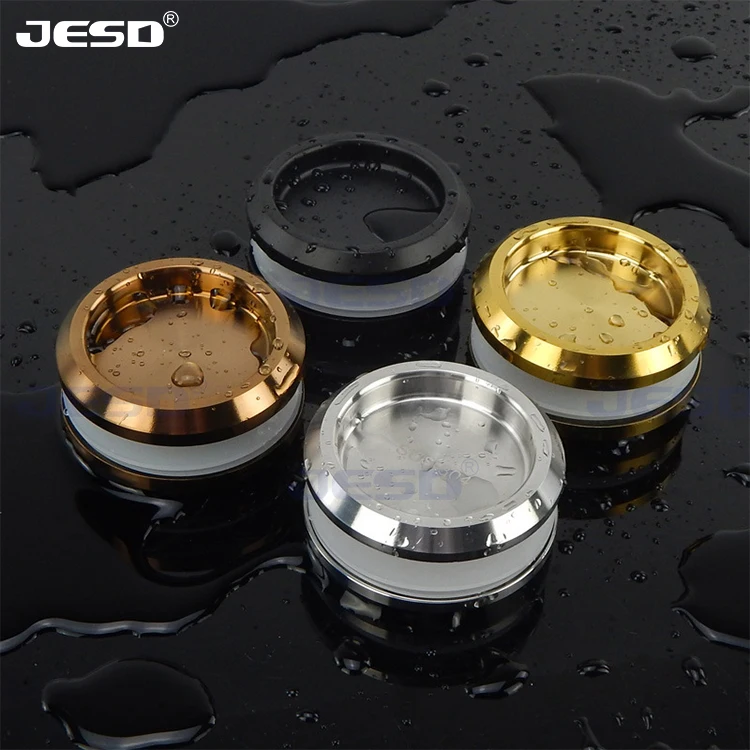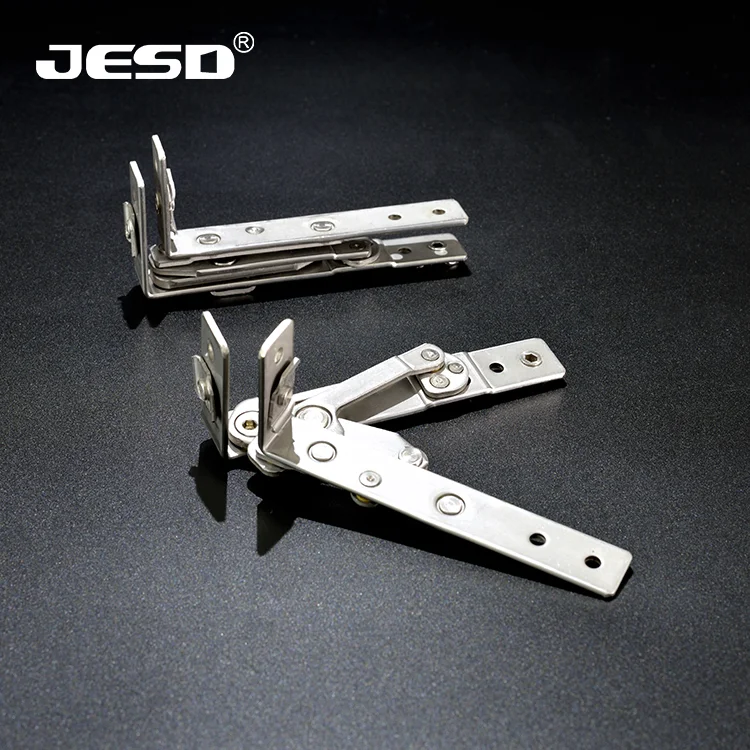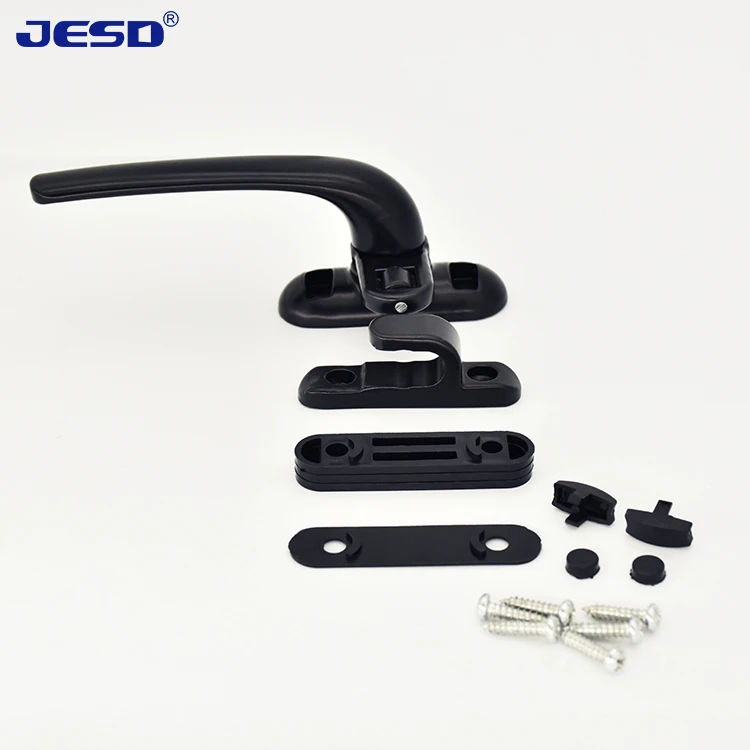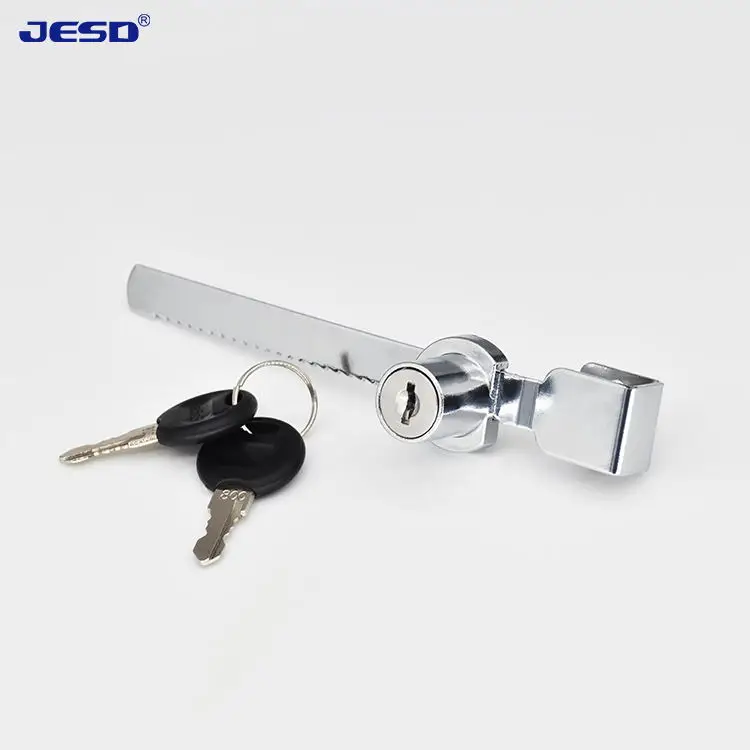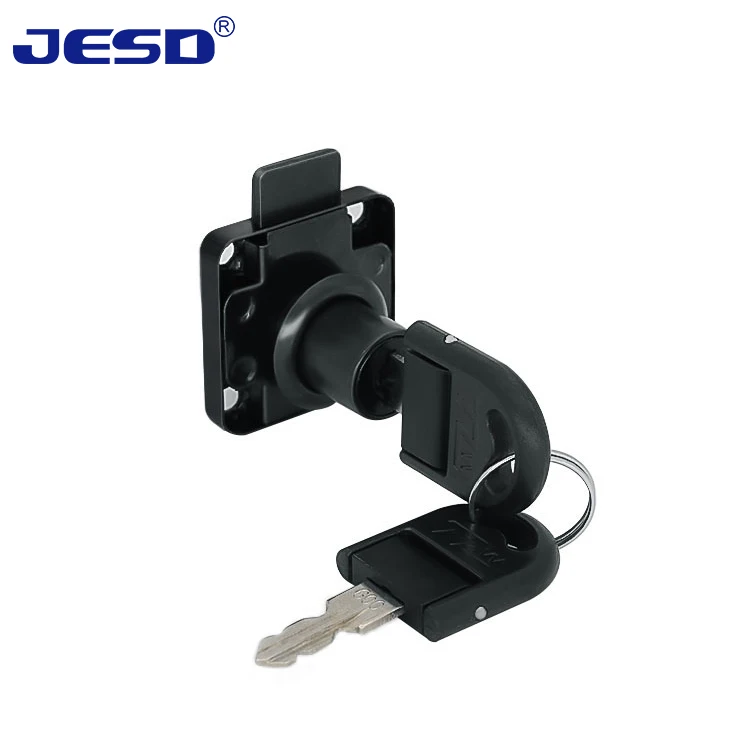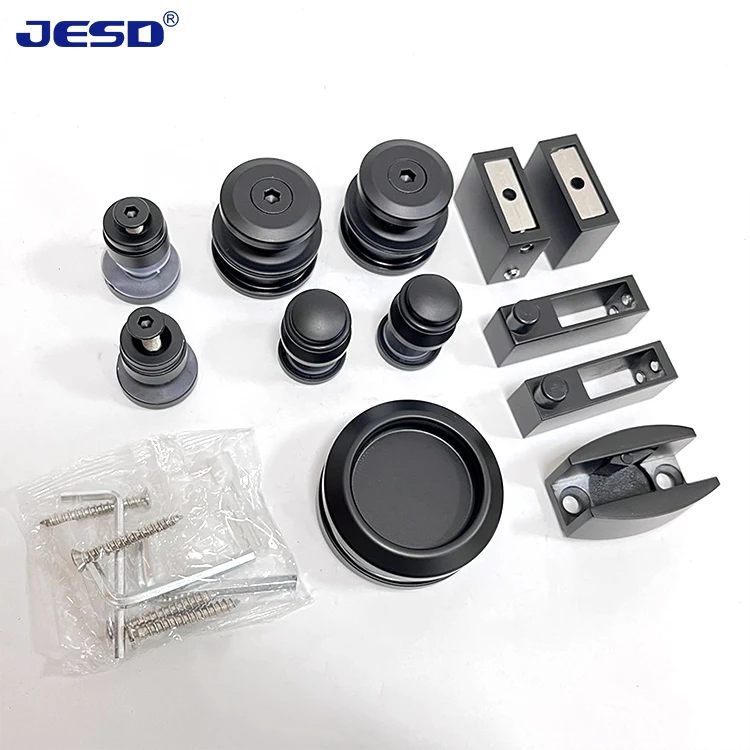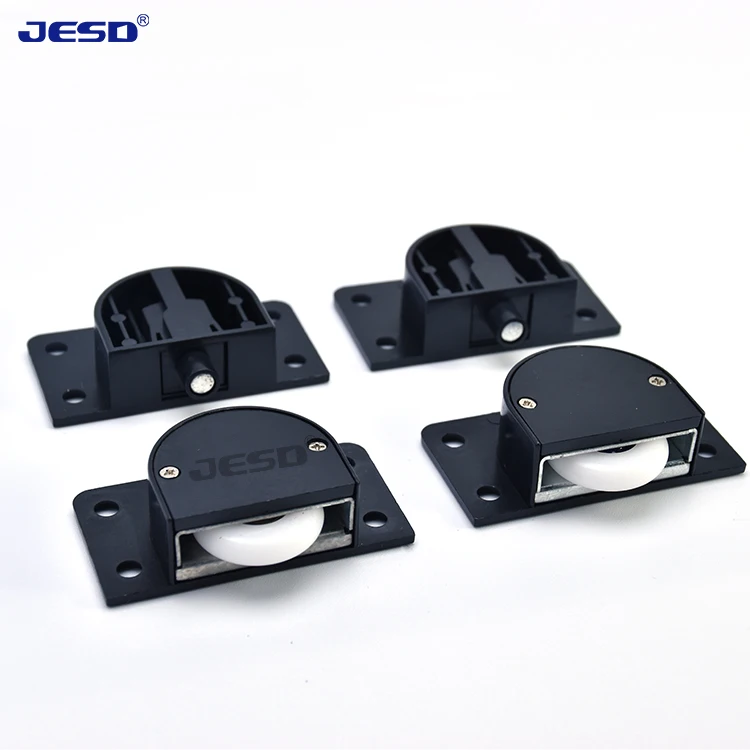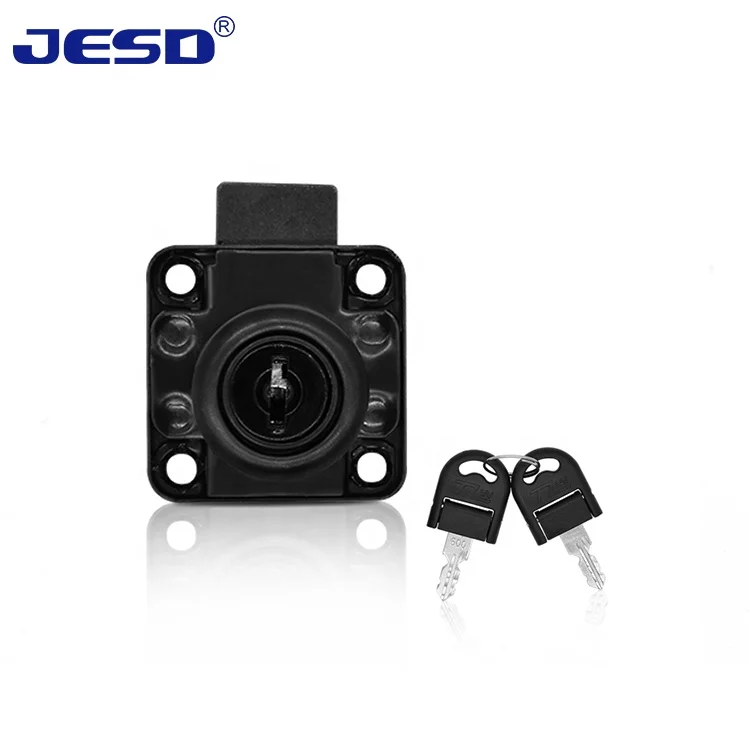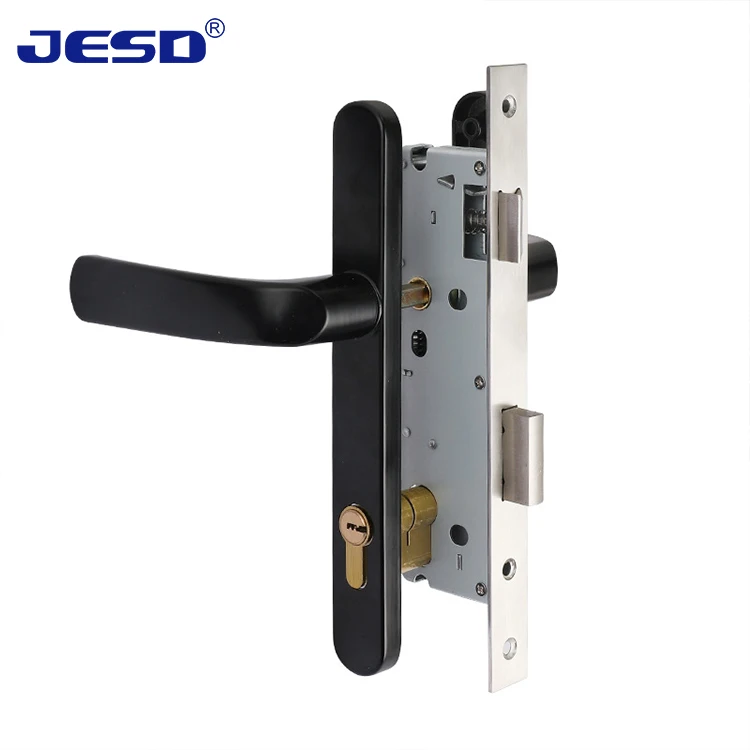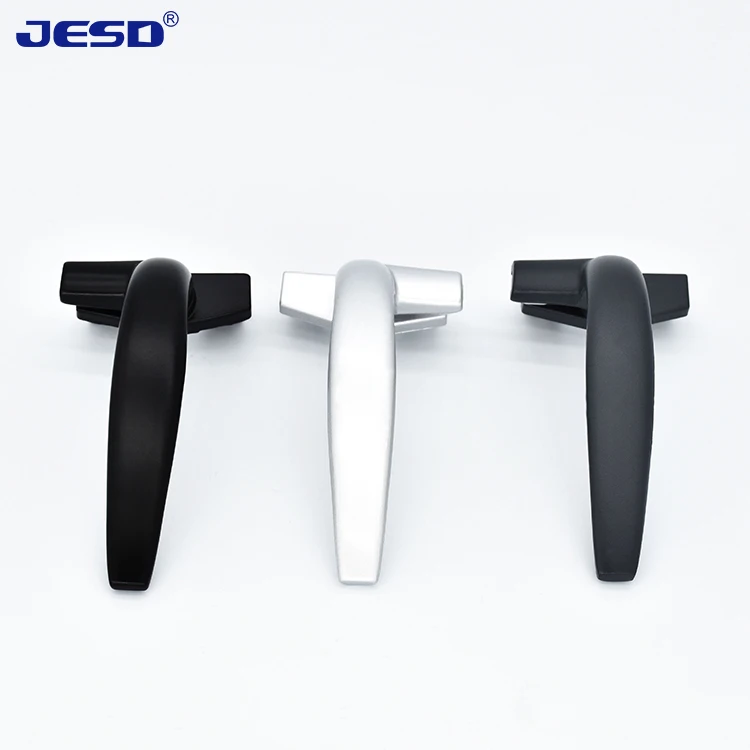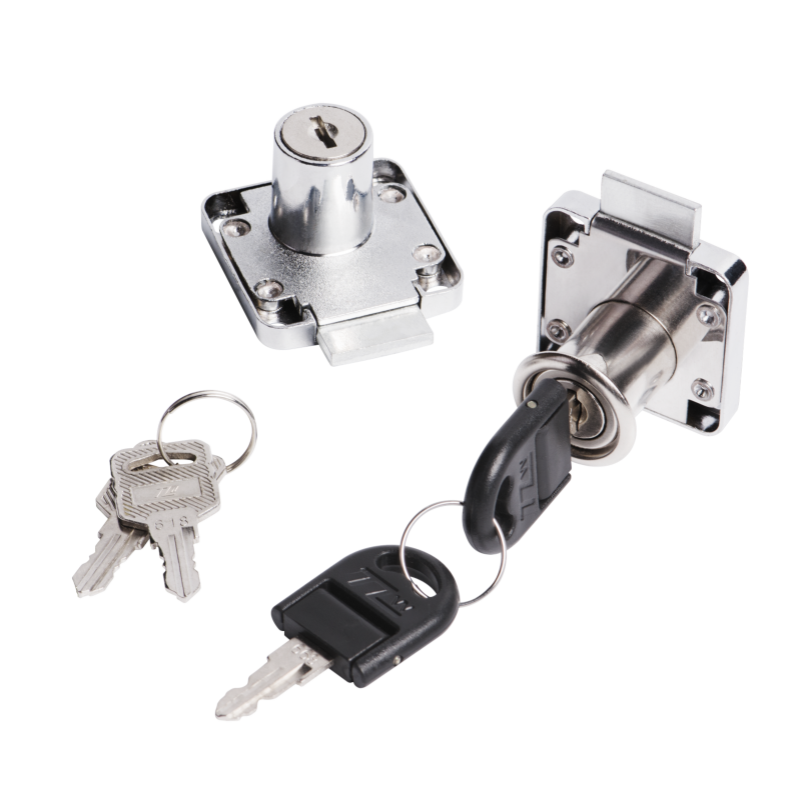Understanding Friction Hinges: Functions and Applications
Friction hinges are mechanical devices that exercise control over motion and hold position by means of friction. They consistof plates or surfaces that are connected with pivots; thus allowing for rotation, but inhibiting movement in just one direction. This adjustability is mostly through material choice and surface finish.
Mechanism and Operation
A typical design for a friction hinge has two components; the fixed base and the rotating arm, which move by means of a pin or pivot joining them. It is possible to change the amount of friction resistance by using different materials or altering the clamping force on the hinge mechanism.
Application
The applications of friction hinges are very broad across industries such as:
Electronics: used in laptops, tablets to regulate how screens open and close
Furniture: they help in adjusting angles smoothly in adjustable desks, recliners etc.
Automotive: visors, glove boxes etc. that have compartments need this control at times
Advantages
Precision: Allows for controlled movement without jerky motions
Durability: Little maintenance is required because it is made from sturdy materials.
Customizability: Different levels of friction can be set depending on what it will be used for
Conclusion
In modern technology and design, friction hinges play a crucial role that allows for dependable regulation of motion and location in various applications. By making use of friction such hinges guarantee smooth operation and user convenience leading to better performance in many spheres.

 EN
EN
 AR
AR
 BG
BG
 HR
HR
 NL
NL
 FR
FR
 DE
DE
 EL
EL
 HI
HI
 IT
IT
 JA
JA
 KO
KO
 NO
NO
 PT
PT
 RO
RO
 RU
RU
 ES
ES
 SV
SV
 TL
TL
 IW
IW
 ID
ID
 SR
SR
 VI
VI
 TH
TH
 TR
TR
 FA
FA
 MS
MS
 GA
GA
 IS
IS
 HT
HT
 UR
UR
 BN
BN
 GU
GU
 LO
LO
 MN
MN
 NE
NE
 KK
KK
 UZ
UZ
 KY
KY

